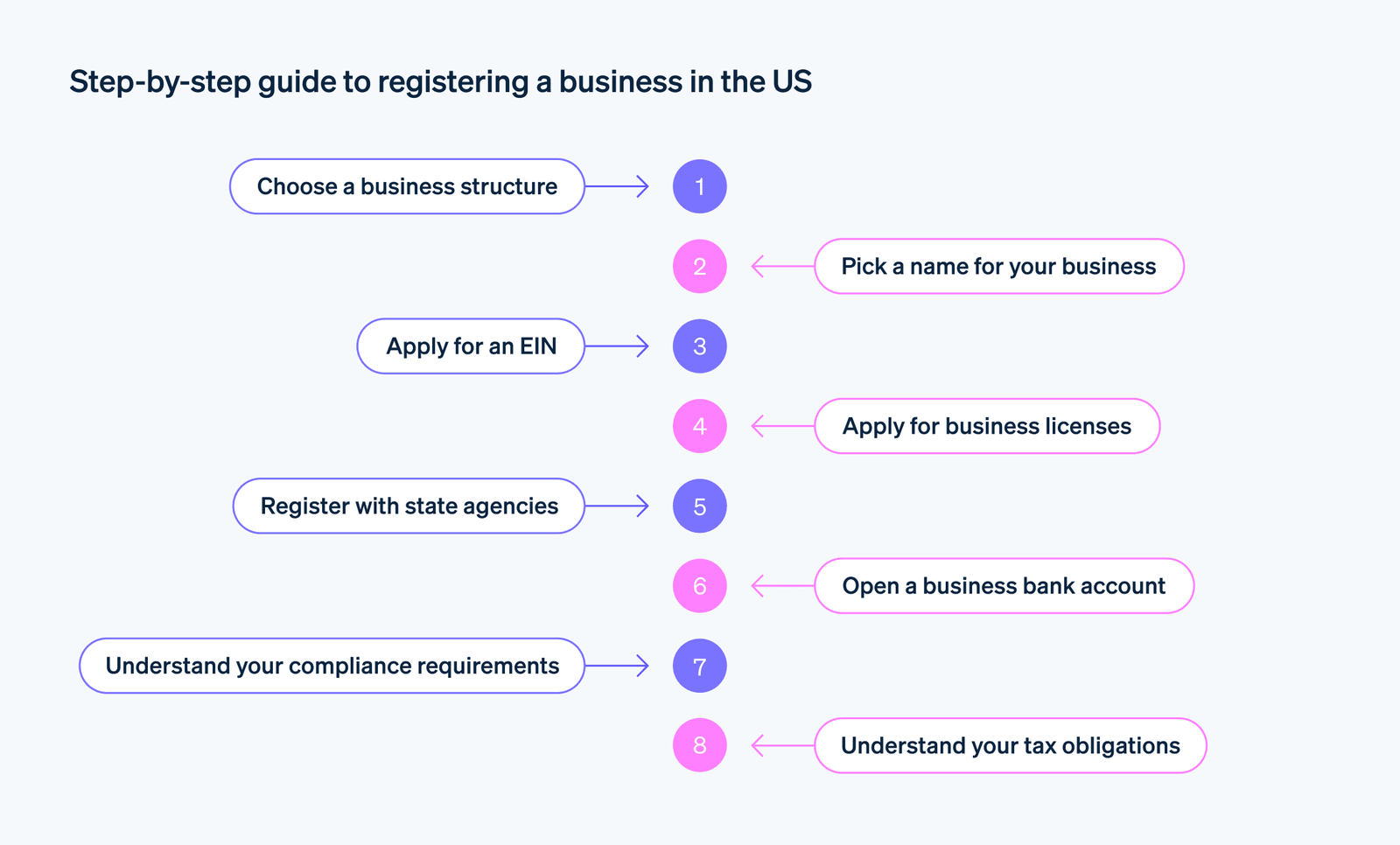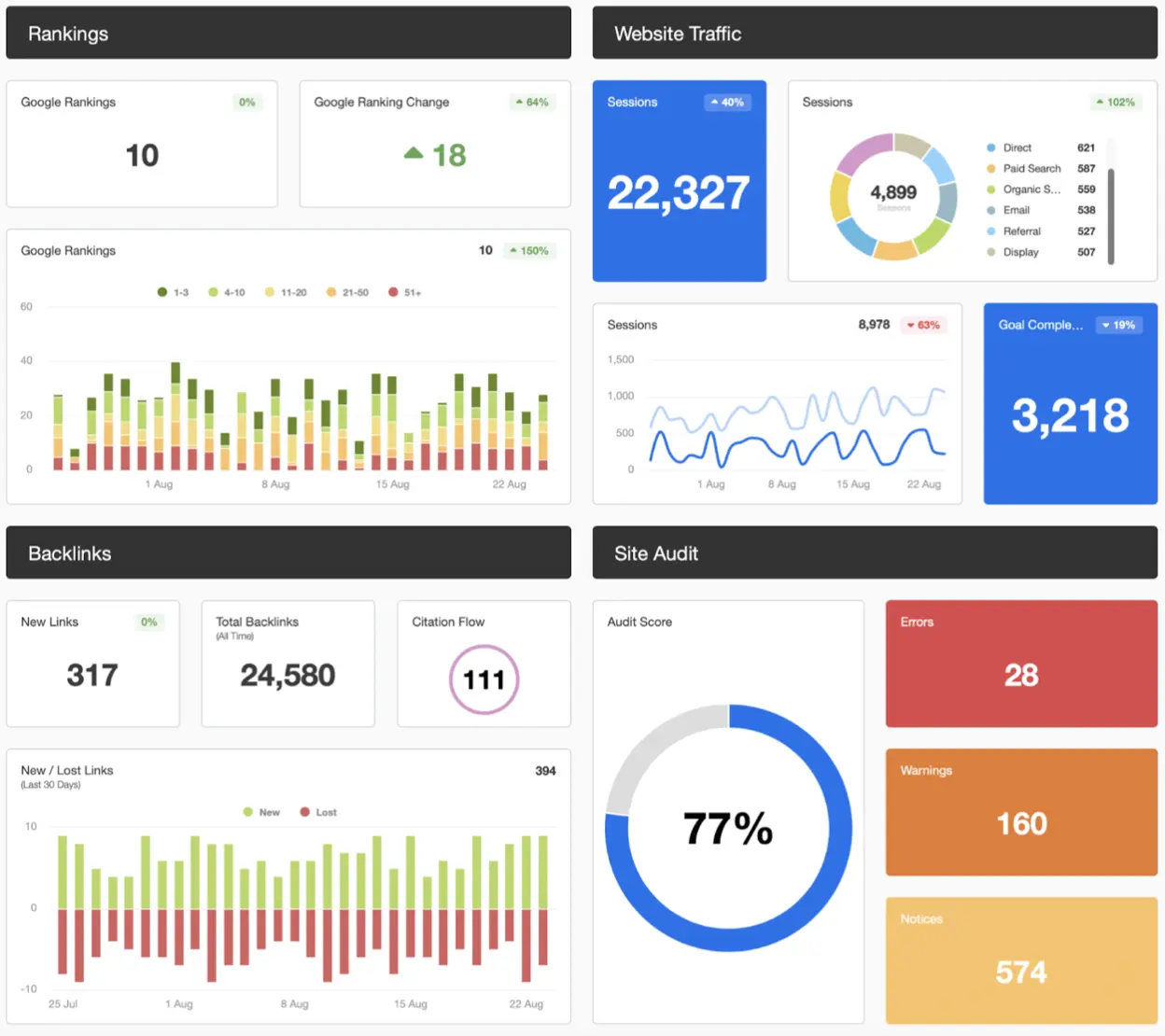Doing real estate business in the USA can be a highly profitable venture if approached strategically. Whether you’re an aspiring entrepreneur, investor, or agent, this comprehensive guide will walk you through everything you need to know—from getting licensed to building a brand, generating leads, and growing your real estate business.
Step 1: Choose Your Real Estate Business Model
There are several ways to get involved in real estate:
- Real Estate Agent : Help clients buy/sell homes under a licensed broker.
- Broker/Owner : Start your own brokerage and manage agents.
- Investor : Buy, hold, rent, or flip properties.
- Property Manager : Manage rental properties on behalf of owners.
- Commercial Real Estate : Represent businesses in leasing or purchasing office, retail, or industrial space.
Each model has different startup costs, licensing needs, and income potential.

Step 2: Get Licensed (If Applicable)
Most real estate professionals must be licensed by their state.
Common Licenses:
- Salesperson License : Required to work as an agent under a broker.
- Broker License : Needed to open your own brokerage.
Typical Requirements:
- Be at least 18 years old
- Have a high school diploma or GED
- Complete pre-license education (60–180 hours)
- Pass a state exam
- Undergo a background check
Visit your state’s real estate commission website for exact details.
Step 3: Set Up Your Legal Business Structure
To protect personal assets and operate legally, choose a structure for your business:
- Sole Proprietorship : Simple but no liability protection.
- LLC (Limited Liability Company) : Most popular for small businesses.
- Corporation : For larger operations.
- Partnership : For co-owned businesses.
Steps to set up:
- Choose a unique business name
- Register with your state
- Get an EIN from the IRS
- Open a business bank account

Step 4: Join or Start a Brokerage (If You’re an Agent)
New agents must join a licensed brokerage unless they have a broker license.
When choosing a brokerage:
- Look for training and mentorship
- Evaluate commission splits and fees
- Check access to MLS (Multiple Listing Service)
- Consider technology and marketing support
Build relationships with experienced agents to grow faster.
Step 5: Build a Strong Brand and Online Presence
A professional brand helps attract clients and build trust.
Create:
- A professional logo and consistent branding
- A branded website with listings and testimonials
- Active social media profiles (Facebook, Instagram, LinkedIn)
- Google Business listing for local visibility
Use SEO strategies and high-quality images to stand out online.
Step 6: Develop a Marketing Strategy
Marketing is essential for generating leads and closing deals.
Effective tactics include:
- Social media advertising and content marketing
- Email newsletters and drip campaigns
- Hosting open houses and community events
- Partnering with local businesses
- Using CRM software to manage client relationships
Tools like Mailchimp, Canva, Zillow Premier Agent, and Facebook Ads can help streamline your efforts.

Step 7: Network and Generate Leads
Networking builds relationships and brings in referrals.
Ways to generate leads:
- Attend real estate networking events and conferences
- Ask satisfied clients for referrals
- Use real estate lead platforms (Zillow, Realtor.com, Redfin)
- Offer free home evaluations or market reports
- Volunteer in your community to gain visibility
Step 8: Hire a Team (Optional but Powerful)
As your business grows, consider hiring help:
- Virtual assistants for admin tasks
- Photographers for listing visuals
- Website developers and designers
- Real estate agents (if you own a brokerage)
Outsource non-core activities so you can focus on sales and strategy.
Step 9: Stay Compliant and Keep Learning
Real estate laws and market conditions change constantly.
Stay ahead by:
- Renewing your license regularly (most states require renewal every 1–2 years)
- Taking continuing education courses
- Staying updated on fair housing laws and ethics
- Joining professional associations like NAR (National Association of Realtors®)
Step 10: Scale Your Real Estate Business
Once established, look for ways to grow:
- Expand into new markets or property types
- Launch a real estate investment fund
- Start a podcast or blog to build authority
- Offer coaching or mentoring services
- Open a second office or franchise
Use automation tools and systems to scale efficiently.
FAQ: Frequently Asked Questions About Doing Real Estate Business in the USA
Q: Do I need a college degree to start a real estate business?
A: No, a high school diploma is sufficient, though some agents pursue degrees in business or finance.
Q: How much does it cost to start a real estate business?
A: Initial costs range from $1,000 to $10,000+, including licensing, branding, marketing, and tools.
Q: Can non-U.S. citizens do real estate business in the USA?
A: Yes, if they have legal authorization to work in the U.S. and meet all licensing requirements.
Q: Is real estate a good business to start?
A: Yes, especially if you’re self-motivated, willing to network, and ready to invest time in learning and marketing.
Q: What are the biggest challenges in real estate business?
A: Building a steady client base early on, managing cash flow, staying compliant with regulations, and balancing marketing with daily operations.
Join The Discussion